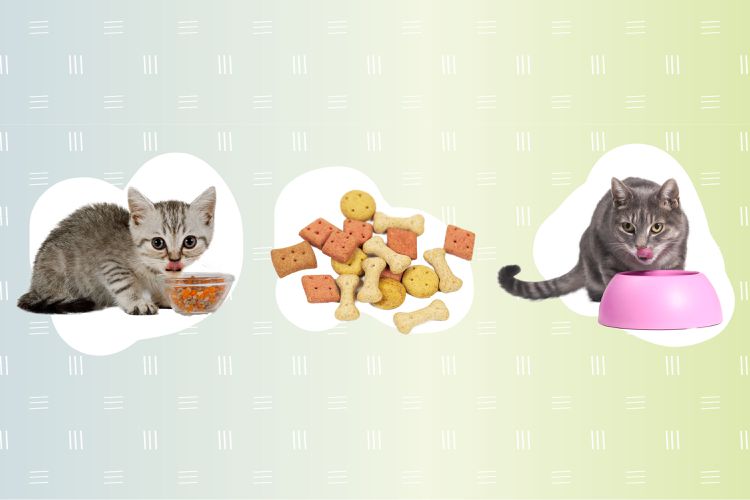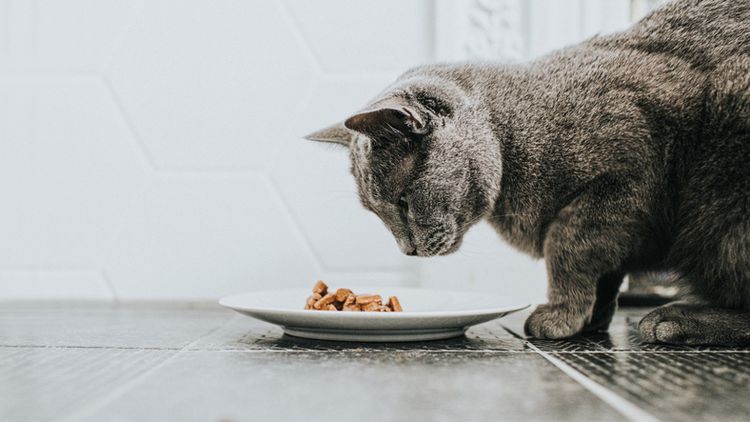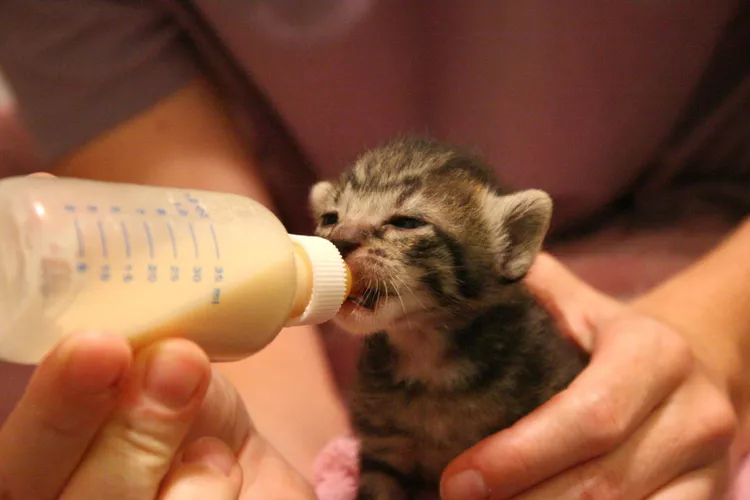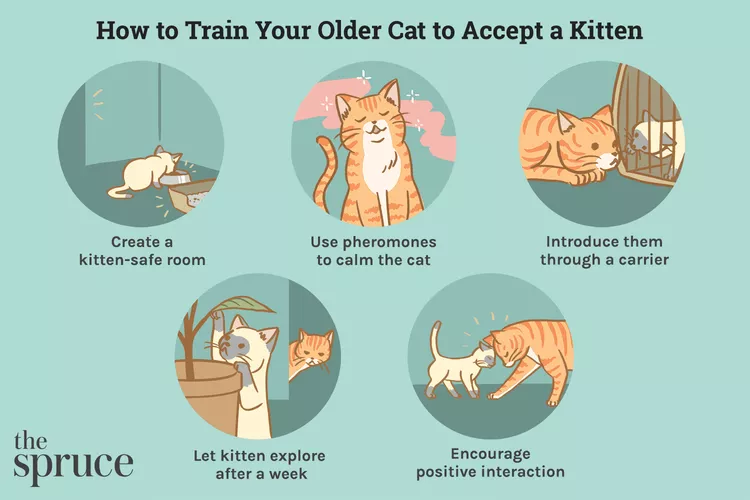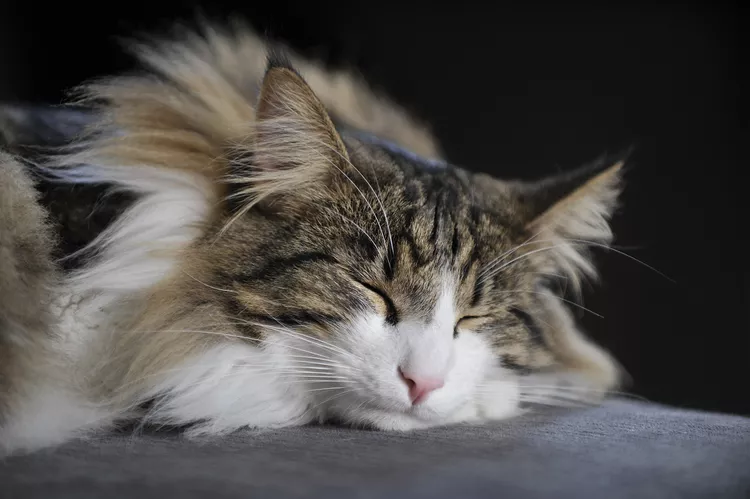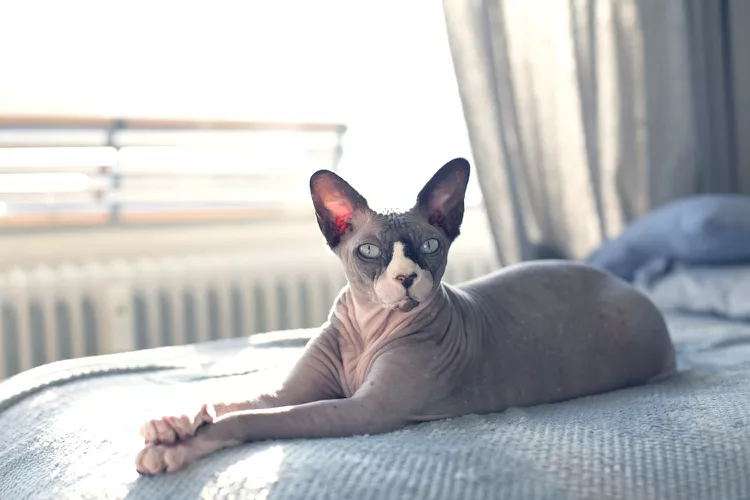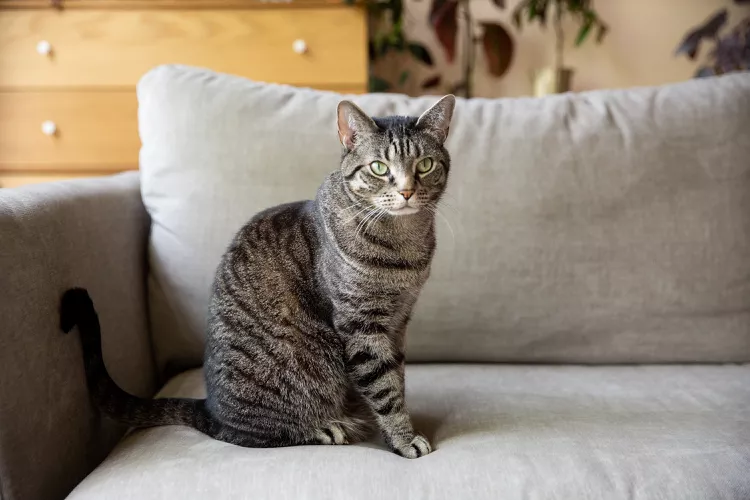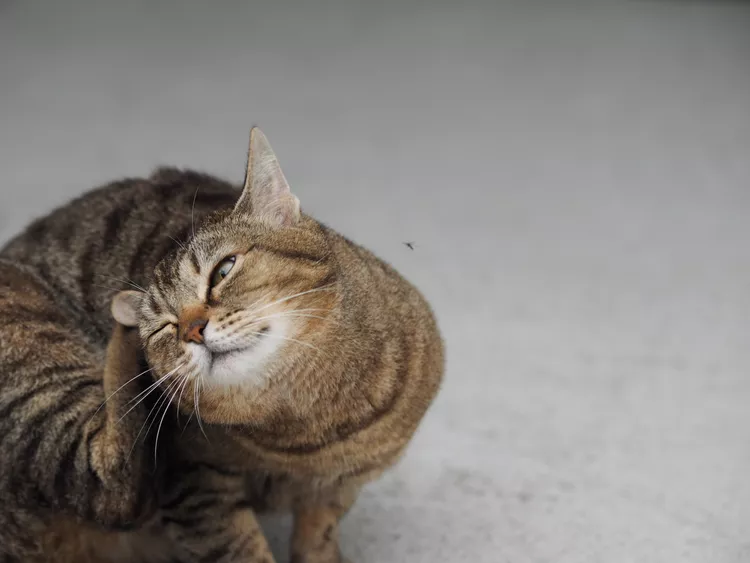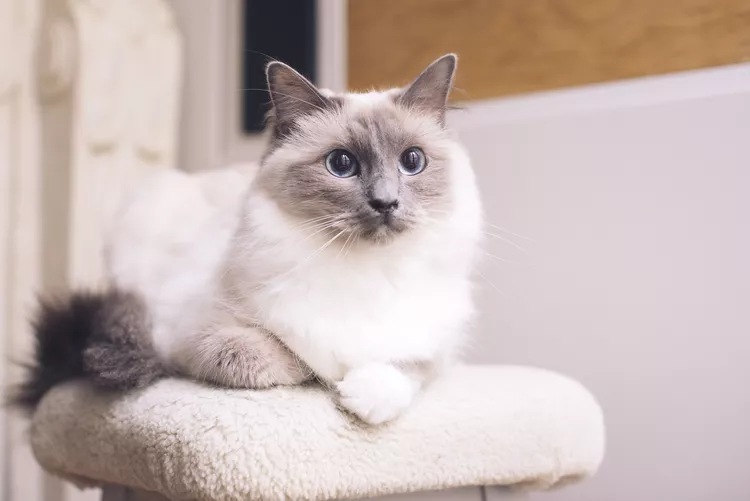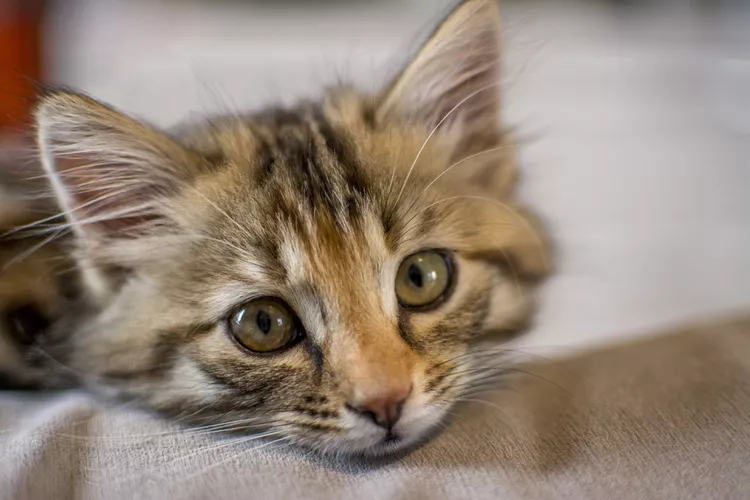
Cats are natural hunters who, when left to their own devices, would choose meat as their primary food source. But if you're reading this, you may be wondering—cat cats eat corn? While the simple answer is “yes”, there are some things you'll want to know first.
Find out more about how to safely share corn with your cat.
Corn in Cat Food
You may notice when shopping for cat food that many commercial brands include corn as an ingredient. While some media sources have labeled corn and other grains as “fillers,” the corn that is included in cat foods is processed to be more digestible and to provide nutrients that benefit your cat. It’s a safe source of carbohydrates, essential fatty acids like linoleic acid, and even protein. The idea that corn (or grains) in cat food is bad for cats is not founded in scientific research.
Keep in mind, however, that your cat requires a meat-based diet. Your cat should never be fed a vegan diet. Though corn may be included in your cat’s food, it should not be the main ingredient.
Your cat is an obligate carnivore, which means they require a meat-based diet to get their essential nutrients. In fact, there are some nutrients cats require, like taurine, that they can only get from animal products. Being an obligate carnivore does not mean your cat can't eat grains. It means that meat is essential and should be the majority of your cat's diet.
How to Feed Corn to Cats
Because a cat is an obligate carnivore, regularly providing corn to your cat isn’t the most appropriate treat you could share with them. In fact, the corn included in a commercial cat diet is more likely to be beneficial to a cat than the corn you make at home.
If you want to give plain, cooked corn as a treat, you should limit your cat to a few kernels at a time. Corn should not be given to your cat as a regular treat but is usually okay when given rarely. Do not add butter or spices, and if your cat has a chronic health condition like diabetes or food allergies, you need to get this food approved by your veterinarian.
Cats should not eat corn cobs or corn husks. Both items can lead to a gastrointestinal blockage, which may necessitate emergency surgery.
Potential Risks and Concerns
While most cats will be totally fine after eating a few kernels of corn, there are some risks to be aware of.
- Vomiting and diarrhea: Your cat may have trouble digesting corn due to their gastrointestinal tract being built for meat consumption. Your cat may pass whole kernels in their feces if you give them corn. Some cats will develop vomiting and diarrhea. Corn cobs and corn husks can cause gastrointestinal obstructions, which often require surgical treatment.
- Development of food allergies: It's possible for cats to become allergic to corn over time. However, the most common food allergies in cats are actually fish, chicken, dairy, and beef. For most cats, food allergies manifest as skin inflammation and itchiness.
- Obesity: Because corn is a source of starch, feeding too much corn can contribute to obesity. With over half of the cats in the United States considered obese, this isn’t a risk to shrug off! Obesity increases the risk of chronic health conditions like diabetes or arthritis and shortens a cat’s lifespan.
- Food poisoning: Cats who eat corn should only have plain, unsalted, unbuttered corn. Added ingredients, such as garlic, can be toxic to cats. Butter and oils can lead to gastrointestinal upset and contribute to obesity.
- Exacerbation of chronic health conditions: If your cat has a chronic health condition, make sure to get corn approved before feeding it to your cat.
Alternatives to Corn for Cats
If you’d like to feed your cat human foods as a treat, consider these alternatives:
- Plain, cooked, lean meat like chicken or turkey
- Plain, cooked fish like salmon
- Cooked eggs
- Bananas
- Blueberries
- Pumpkin
- Strawberries
- Steamed broccoli
- Cooked sweet potatoes
- Cooked peas
It’s a good idea to get any human foods approved by your veterinarian before feeding them to your cat. Keep in mind that treats should not comprise more than 10% of your cat’s daily caloric intake.
Instead of feeding your cat corn as a treat, you can also consider commercial cat treats, which are formulated specifically for cats.
The Bottom Line on Corn for Cats
Corn is a safe ingredient in commercial cat foods, and it’s safe as a treat for most cats when given sparingly. The best way to ensure your cat’s nutrition needs are met, whether you’re giving corn as a treat or skipping it, is to provide a balanced meat-based diet formulated for cats.
